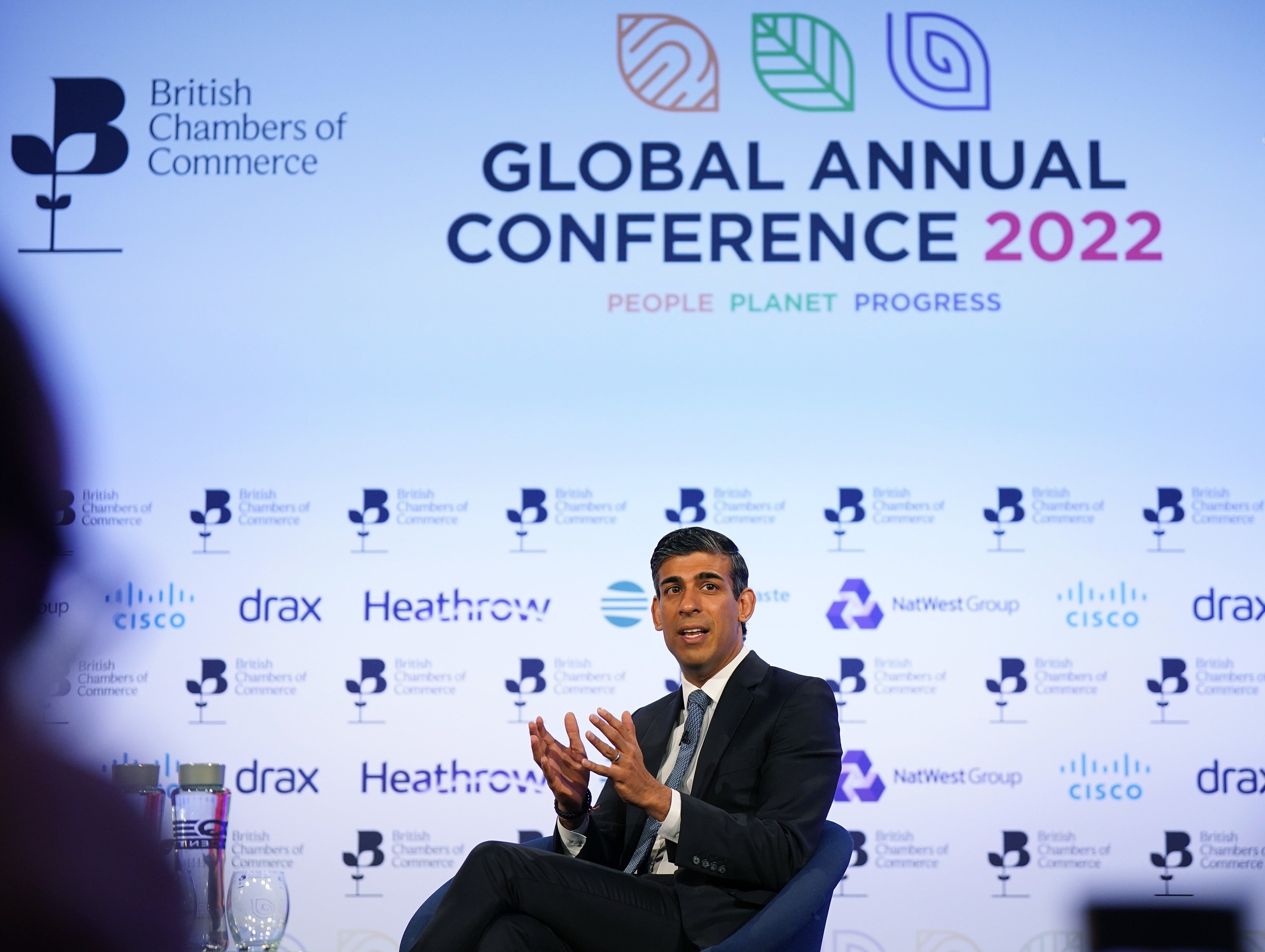Yet more bad news over falling living standards – so what is the government’s plan now?
The chancellor seems to be stuck in reactive mode, unwilling to take the reins, writes Ben Chapman


We are now officially in the most sustained period of falling living standards on record. And this is just the beginning.
When adjusted for the impact of rising prices, household disposable incomes fell 0.2 per cent between January and March, rounding off a full year of decline.
The latest figures from the Office for National Statistics confirm that wages failed to keep pace with inflation for four quarters in a row. That’s before April’s energy price hike and a jump in consumer price inflation to 9 per cent.
Government pronouncements on the economy rarely fail to point out that falling living standards are being caused by global forces, including Russia’s invasion of Ukraine, but the data shows that the rot had set in before the recent surge in energy prices.
The current record-breaking decline in real incomes has arrived at the end of the longest period of suppressed wages for two centuries. We are in a cost of living crisis, but we are also in a new era. For decades up to 2008, Britons could expect rising prosperity with each passing year, punctuated by periodic recessions. Without a change of direction on economic policy, those times are gone.
Gordon Brown famously failed to deliver on his promise to end boom and bust. It is a measure of how far we have travelled that even boom and bust would be a welcome improvement on what we now have: stagnation followed by crisis.
Looking past the surge in fuel prices, Britain has other issues that are deep-rooted and home grown. As Bank of England governor Andrew Bailey said on Wednesday, the UK will see higher inflation for longer than other wealthy countries.
Business investment is 9 per cent below its pre-pandemic peak. A report from the Resolution Foundation think tank published on Wednesday laid out the “large and persistent” gulf in productivity between Britain’s wealthiest and most deprived areas.
That gap has widened since 2000, a period that included 10 years of a Labour government that set out to redistribute wealth, and 12 and a half years of a Tory administration whose central economic promise has been to “level up” the country.
Clearly, it hasn't worked. Fresh ideas and a genuine plan that harnesses the respective talents of public and private sectors are badly needed.
The primary priority for the Treasury should be stable, green economic growth, spurred on by smart, targeted public investment. But there has been little in the way of a plan.
The man in charge, Rishi Sunak, seems stuck in reactive mode, unwilling to take the reins. He was corralled into unveiling his latest package of support for households, just as he was with a number of his announcements during the height of the pandemic.
The Conservative Party prides itself on an ability to free capitalism’s animal spirits from the hand of the state. They have had 12 years in government and delivered a period of dismal economic progress.






Join our commenting forum
Join thought-provoking conversations, follow other Independent readers and see their replies
18Comments